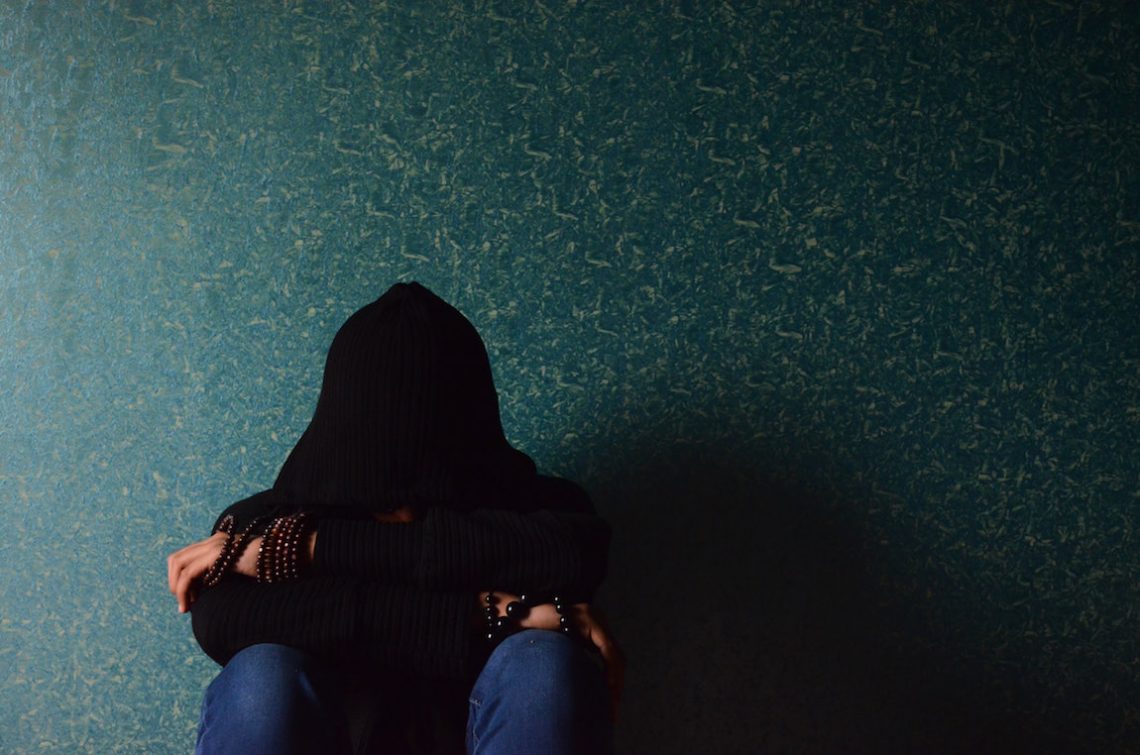
Bipolar Disorder In Teenagers
Bipolar disorder is a common condition amongst teenagers in which their mood cycles between episodes of “Mania” and “Depression”. Teenagers usually undergo a depressive episode first followed by the episode of “Mania”. Therefore, people with bipolar disorder are usually diagnosed with depression. Teens who have a family history of mood turmoil and psychiatric snags are more vulnerable to this condition.
Symptoms
Symptoms of this condition are typically visible in people between the ages of 15 and 30. A few instances of Mania include excitement, aggression, impatience, and high sex drive. On the other hand, when a teen experiences Depression, they become somber and anxious, which could lead to suicidal thoughts.
It is imperative to understand that in the midst of these episodes, a teen returns to normal, or near-normal functioning though there are “little” or “no” break periods between such episodes. There are teens who use drugs and alcohol as an escape however substance abuse can worsen the condition and make it more difficult for doctors to identify and treat the disorder.
Causes
While the exact cause of the underlying condition is still unknown, it is believed that bipolarism is closely connected to genetics. A child whose parent is battling the condition is nine times more susceptible to the disorder than with a teenager who has no family history. However, according to researchers, imbalances in neurotransmitters are believed to be factors that contribute towards increased likelihood of bipolarism as they have an extreme influence on brain chemicals that regulate moods.
Risks
Symptoms of bipolar disorder, which include inappropriate decision making ability, lack of focus to make correct judgement, and vulnerability to rebellious behaviour can be disastrous. Teenagers are most likely to indulge in risky behaviours such as unprotected sex, intoxicated driving, and substance abuse, which can lead to malnourishment, obesity, high blood pressure, and diabetes. The biggest concern amongst teens however is the tendency to commit suicide. In fact, suicide is considered to be the third leading cause of death among teens aged 15-25. Teenage males committing suicide in the first years of treatment is an alarming signal for all.
Treatment
Medications are typically the first step in treating bipolar disorder. The salt, Lithium carbonate plays an important role as it is an effective mood stabilizer and combining it with treatments such psychotherapy and use of stimulants and antidepressants can further ease treatment. Treatment for the disorder is often a trial and error method as it may last weeks, months, or even longer. A couple of mood stabilizers combined with medications are inevitable in order to attain and maintain stability. Not to forget, stopping medication suddenly can prove fatal as symptoms of the disorder can worsen.
Written by: Ruchika Arora
Featured image source: https://www.pexels.com/photo/adult-alone-backlit-dark-278303/






